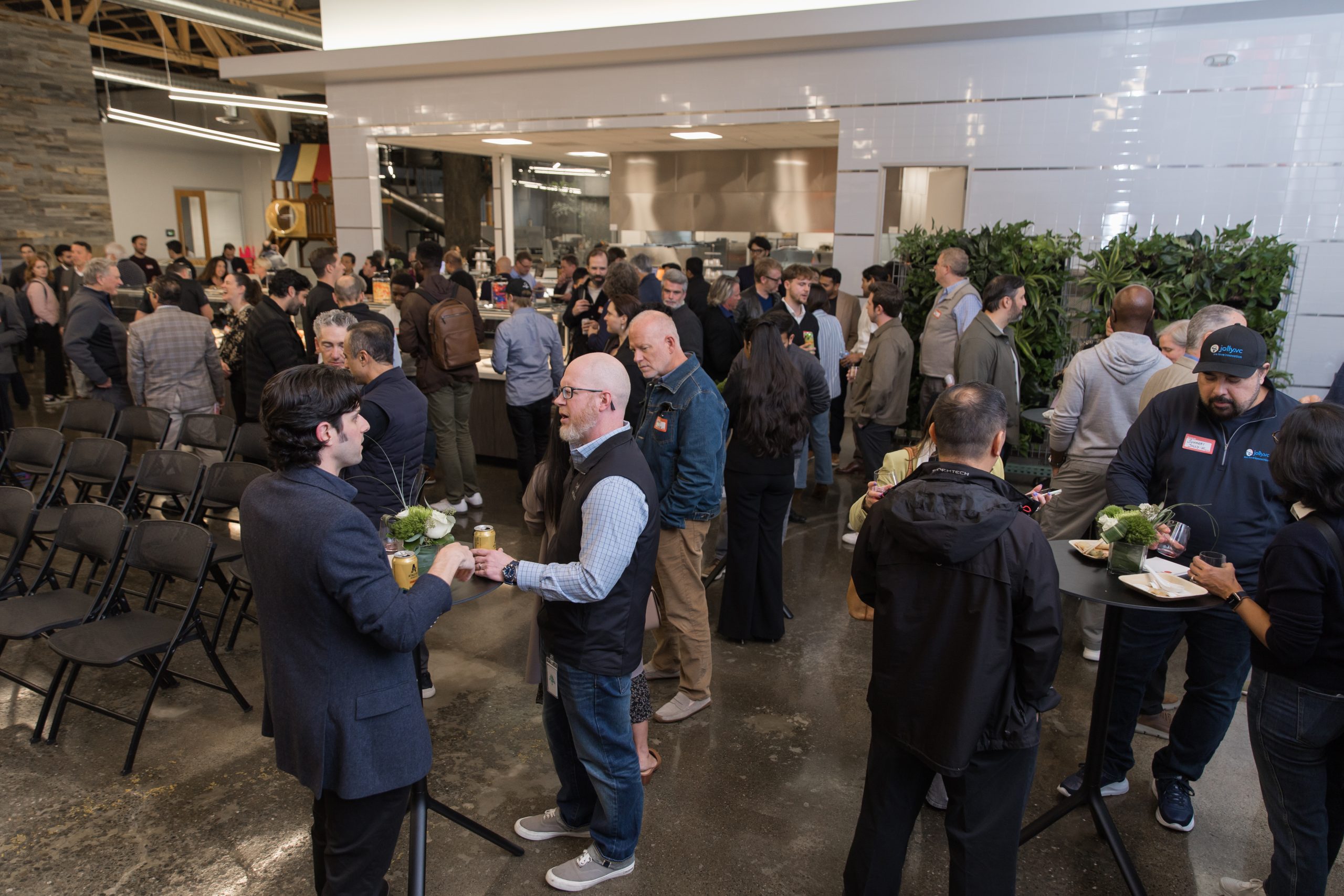
The decentralized, open-source social network Mastodon is significantly enhancing its user interaction capabilities with the rollout of version 4.5, a pivotal software update that introduces support for quote posts across all server operators. This highly anticipated addition, alongside a suite of administrative tools and conversation improvements, marks a calculated step for Mastodon as it navigates the complex landscape of digital communication, deliberately incorporating features common on rival platforms while striving to maintain its distinct community ethos.
The Evolution of Digital Discourse and Mastodon’s Path
Mastodon, founded in 2016 by Eugen Rochko, emerged as a direct response to the increasing centralization and commercialization of mainstream social media platforms. Built on the ActivityPub protocol, it champions a federated model, where numerous independent servers (instances) are interconnected, allowing users to communicate seamlessly across them while maintaining local community governance. This "fediverse" approach contrasts sharply with the monolithic structures of giants like X (formerly Twitter) and Meta’s Threads, offering users greater autonomy and control over their digital experience.
For years, the absence of a direct quote post feature—a staple on many text-first social networks—was a point of contention and discussion within the Mastodon community. While users could manually copy-paste links to other posts and add commentary, an integrated function was missing. The development team carefully considered its implementation, keenly aware of the potential for misuse that has plagued other platforms. This cautious approach is rooted in Mastodon’s foundational principles, prioritizing user safety and fostering constructive dialogue over rapid feature parity.
Introducing Quote Posts: A Strategic Enhancement
The introduction of quote posts in Mastodon 4.5 is more than just a new button; it represents a significant shift in how conversations can unfold across the fediverse. This feature allows users to embed another post within their own commentary, creating a direct reference point and facilitating more nuanced discussions. It is a fundamental component for driving engagement and fostering deeper interaction, functionalities that have become baseline expectations for contemporary social media platforms.
Before its full deployment with the 4.5 update, Mastodon initiated a phased rollout of quote posts to its larger, flagship servers, mastodon.online and mastodon.social, in September. This preliminary release provided an invaluable opportunity for a segment of the user base to acclimate to the new functionality and for the developers to gather feedback, ensuring a smoother broader launch. This iterative development process underscores Mastodon’s commitment to thoughtful integration rather than rushing features to market.
Learning from the Past: Addressing the "Dunking" Phenomenon
The history of social media is replete with examples of features, intended for positive interaction, being weaponized for negativity. Quote posts, particularly on platforms like X, have frequently contributed to a culture of "dunking"—a phenomenon where users leverage the feature to publicly ridicule, insult, or gang up on others, often amplifying harmful content and fostering hostile environments. This concern was paramount for Mastodon’s developers, who sought to implement quote posts in a manner that would actively deter such behavior and protect its community from similar pitfalls.
To proactively mitigate these risks, Mastodon’s version of quote posts comes equipped with an array of user-centric safety controls designed to empower individuals and preserve the network’s more convivial atmosphere. Users are given granular control over who can quote their posts, with options ranging from "Anyone," to "Followers only," or even "Just me." This allows individuals to tailor their exposure based on their comfort level and the nature of their content.
Furthermore, users can dictate the visibility of their quote posts. Beyond standard "public" or "followers only" settings, a unique "quiet public" option is available. This setting makes the quoted post publicly viewable but deliberately excludes it from Mastodon’s search results, trending topics, and the public timeline. This ingenious mechanism allows for the dissemination of information while preventing posts from being inadvertently thrust into virality or targeted by coordinated attacks, thus curbing the potential for widespread "dunking." The ability to override default settings on a post-by-post basis offers additional flexibility, allowing users to adapt their privacy preferences to specific conversational contexts.
In an unprecedented move for social media platforms, Mastodon also implements an alert system that notifies the original author when their post has been quoted. Crucially, this notification is accompanied by the option for the original author to remove their content from the other person’s quote post if they feel it is being misused or taken out of context. This level of post-publication control is a significant departure from conventional social media norms, placing unprecedented power in the hands of the original content creator. Additionally, standard blocking functionalities remain available, allowing users to prevent specific individuals from seeing or quoting their posts in the future, thereby offering a comprehensive suite of tools for personal safety and content management.
Beyond the Quote: Enhanced User and Administrator Controls
While quote posts undoubtedly represent the headline feature of the 4.5 release, the update introduces several other significant enhancements that improve both the general user experience and the capabilities of server operators. Addressing a critical communication issue, the update resolves problems where users on older servers (version 4.4 and earlier) would occasionally miss seeing replies to their posts, ensuring more complete and fluid conversations across the federated network.
For the vital role of server operators, Mastodon 4.5 delivers new tools that bolster their ability to manage their instances effectively. Administrators now have the option to disable certain content feeds, customize their homepage to display a local feed, and efficiently block specific users, providing more nuanced control over the community environment. The moderation interface has also received a significant upgrade, now displaying essential context such as link previews and quote posts within reported messages. This richer contextual information is invaluable for moderators, enabling them to make more informed and equitable decisions when addressing content violations or disputes, thereby strengthening the integrity of individual communities within the fediverse.
Adding a touch of expressive flair, the 4.5 release also brings native emoji support to Mastodon’s web interface. This seemingly minor addition contributes to a more engaging and user-friendly experience, allowing for richer, more informal communication, aligning with the diverse ways people interact online.
Mastodon’s Place in the Federated Future
Mastodon remains a prominent figure in the fediverse, the collective term for decentralized social networks powered by protocols like ActivityPub. According to growth trackers like FediDB, the fediverse now boasts nearly 12 million users in total, with Mastodon accounting for over 8 million of that figure. However, a key metric for engagement, monthly active users (MAU), stands at approximately 670,000 for Mastodon.
This figure contrasts sharply with the massive user bases of centralized competitors. Meta’s Threads, for instance, which has signaled future integration with ActivityPub but does not yet represent a full, seamless federation, claims more than 400 million monthly active users and 150 million daily active users. This disparity highlights the ongoing challenge for decentralized platforms: attracting and retaining a broad audience while adhering to their core principles of user control, privacy, and community-driven moderation.
The market impact of Mastodon’s strategy is significant. By slowly and carefully integrating features common to mainstream platforms, but with a strong emphasis on user protection, Mastodon positions itself as a principled alternative. It caters to a growing segment of users disillusioned with the ad-driven, algorithm-controlled, and often toxic environments of centralized social media. Its cultural impact lies in demonstrating a viable, scalable alternative to the dominant models, promoting a vision of the internet that is more open, democratic, and user-centric.
The Broader Impact: Decentralization and Social Discourse
Mastodon’s calculated approach to implementing quote posts is a microcosm of a larger debate in the digital realm: the balance between fostering dynamic interaction and safeguarding users from harassment. The "dunking" culture that became endemic on platforms like X not only contributed to widespread toxicity but also stifled diverse voices and discouraged participation from those wary of public shaming. Mastodon’s granular controls for quote posts represent a proactive attempt to re-engineer social interaction, moving away from a "anything goes" mentality towards a more curated and respectful discourse.
From a social perspective, these features could foster healthier online communities. By empowering users to control how their content is amplified and recontextualized, Mastodon aims to reduce the incentive for malicious quoting and encourage more thoughtful engagement. This commitment to user well-being, while potentially slowing down feature adoption compared to aggressive competitors, is a core part of its brand identity and appeal.
Analytically, the decision to prioritize safety over unbridled viral potential is a strategic differentiator. While some might argue that these controls add friction to the user experience or limit organic reach, Mastodon’s user base often values these protections as a primary reason for choosing the platform. It suggests a growing demand for digital spaces that prioritize mental well-being and constructive conversation over sheer engagement metrics. The success of these features will ultimately be measured by their ability to foster vibrant, respectful communities without alienating users accustomed to the immediacy and simplicity of other networks.
The ongoing expansion of the fediverse, catalyzed by Mastodon’s continued development and the interest from major players like Meta with Threads, hints at a future where social media might be less dominated by single entities. Mastodon’s latest update, by carefully integrating a powerful but potentially problematic feature with robust safety nets, sets a precedent for how decentralized networks can evolve, offering a compelling alternative model for digital interaction in an increasingly complex online world.






